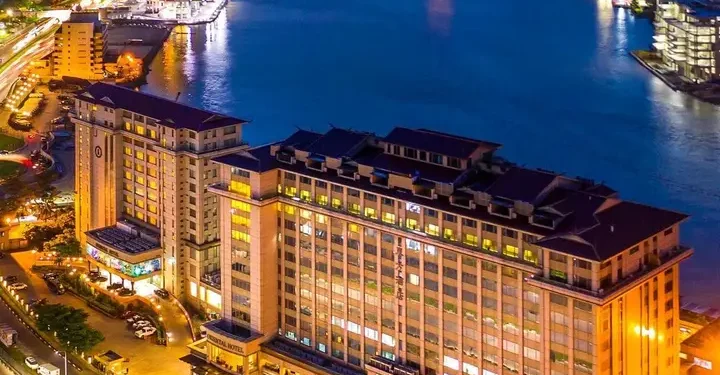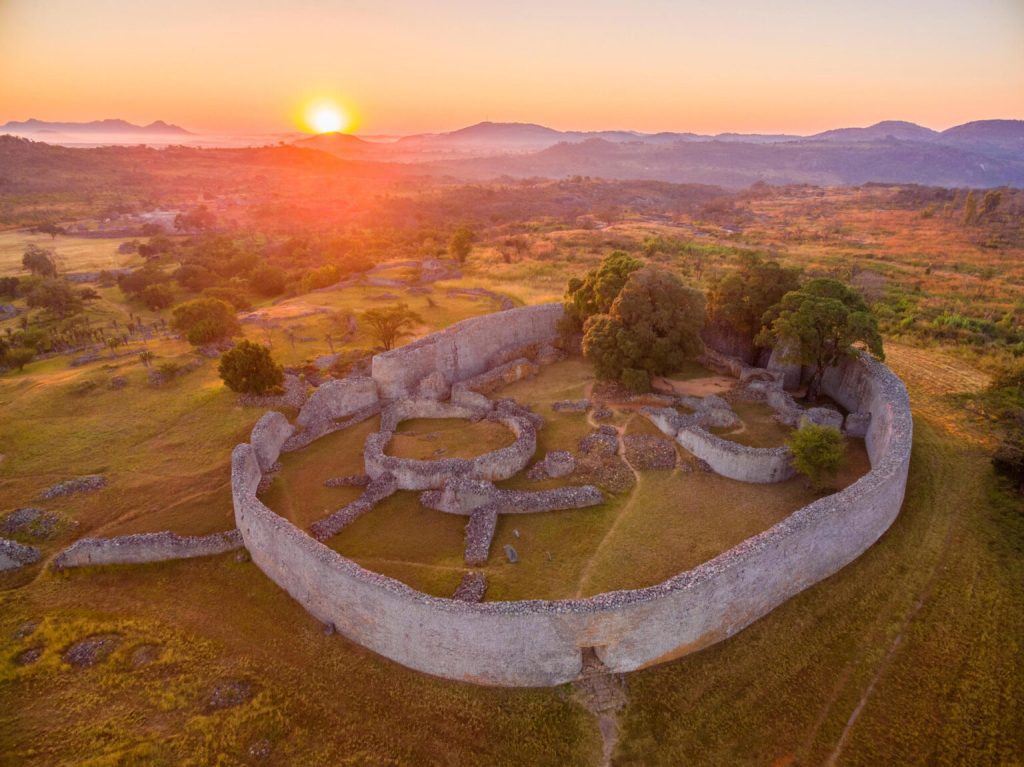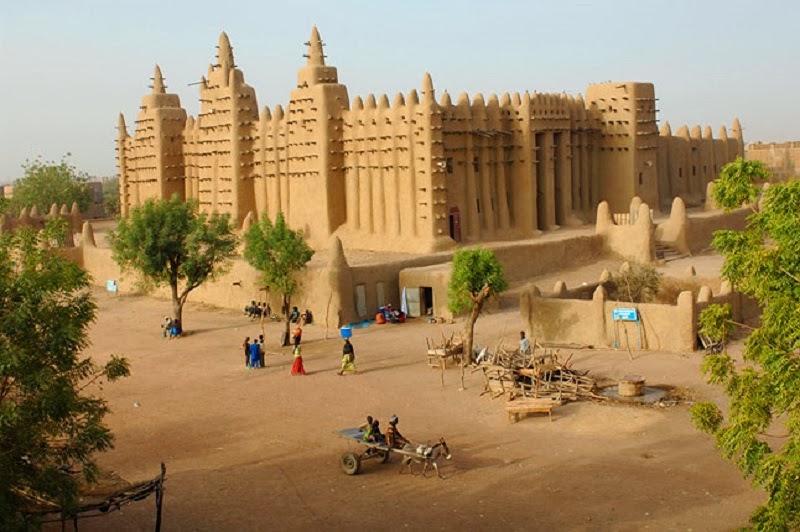
Africa, often depicted through a lens of poverty, conflict, and disease, is a continent of vast and intricate complexity—far removed from the one-dimensional portrayal frequently seen in Western media. The Africa you don’t see is one that is teeming with cultural richness, historical depth, and economic dynamism. To understand why this continent is so heavily stigmatised, one must delve into its history, the colonial legacy, and the modern narratives that continue to shape perceptions today.
The history of Africa is not simply one of colonial domination and post-independence struggle. It is a continent that was home to some of the earliest and most sophisticated civilisations in the world. Long before the European slave trade and colonial conquests, Africa was the cradle of human civilisation. The ancient kingdoms of Egypt, Mali, Ghana, and Zimbabwe, to name just a few, were centres of learning, culture, and economic exchange.
In the 15th and 16th centuries, the Kingdom of Mali was renowned for its wealth, with its capital, Timbuktu, being one of the most important cultural and intellectual hubs in the world. The university in Timbuktu housed tens of thousands of scholars, and its libraries contained manuscripts that would influence intellectual thought for centuries. The Great Zimbabwe civilisation, famous for its stone ruins, is another example of Africa’s ancient sophistication.

However, despite this rich legacy, Africa’s historical contributions have been overshadowed by the exploitation and dehumanisation that began with European colonialism. From the late 19th century, when European powers divided the continent among themselves at the Berlin Conference, Africa was systematically exploited for its resources and its people.
Colonialism fundamentally reshaped Africa’s political, social, and economic landscape, leaving a legacy that continues to haunt the continent today. The colonial powers—Britain, France, Belgium, Portugal, and others—viewed Africa as little more than a resource to be extracted. This mindset was embedded in the narratives that were constructed around Africa.
The colonial powers, in their quest for domination, relied heavily on the notion that Africans were inferior, both intellectually and morally. These ideas were further perpetuated by missionaries, who portrayed African societies as “savage” and “backward,” needing the civilising influence of the European colonisers. Such ideas found their way into popular literature, art, and the media, establishing a deeply ingrained narrative of African inferiority that persists to this day.

Timbuktu: The Site of 1st African University
The partitioning of Africa did not merely involve the carving up of territory—it was a deliberate strategy to impose European systems of governance, law, and culture. Traditional African political structures, social organisations, and languages were undermined and often obliterated. The legacy of colonial rule, therefore, is not just economic but deeply cultural. The undermining of Africa’s own systems of knowledge and governance created a vacuum, one that was filled with the stereotypes that continue to shape the way the continent is viewed.
In contemporary times, Africa remains a subject of intense media scrutiny, but the narratives being constructed are still, for the most part, dominated by negative depictions. Conflict, famine, disease, and corruption are the focal points of news outlets, overshadowing stories of progress, innovation, and achievement.
The problem is not merely one of biased reporting; it is rooted in the historical dynamics of power. Western media outlets, often with their roots in colonial-era structures, have a long tradition of framing Africa through a narrow, negative lens. The dominant portrayal of the continent as a land of perpetual crisis leaves little room for the nuanced reality of African life.
In a study conducted by academics such as Joseph L. Henderson, it was found that the representation of Africa in the Western media often lacks a balanced perspective. The dominant image is one of victimhood, where Africans are portrayed as helpless and passive recipients of aid or intervention, rather than active agents in their own development. This has created a “poverty porn” industry, in which the suffering of Africans is consumed by global audiences, but their stories of resilience, innovation, and agency are sidelined.
Perhaps the most insidious consequence of these narratives is the internalisation of stigma by Africans themselves. Colonialism did not only seek to control Africa’s resources; it aimed to control the African psyche. The process of “othering” led many to internalise the inferiority complex that was projected onto them. This has affected how Africans see themselves, their potential, and their place in the global order.
The psychological scars of colonialism remain in the form of what Frantz Fanon described as the “colonised mind.” Africans, particularly in post-colonial societies, are often caught between a deep-seated desire to reclaim their indigenous identity and the need to navigate a world shaped by colonial narratives. This tension manifests in various ways, from the rejection of African cultures and languages to the pursuit of Western ideals of success.
Perhaps the most powerful form of resistance to these historical narratives is the reclamation of African identity and agency. Over recent decades, Africans across the continent and the diaspora have worked tirelessly to challenge the stereotypes that have been imposed upon them. African literature, music, art, and film have all played a role in redefining what it means to be African in the 21st century.
In the realm of academia, scholars such as Chinua Achebe, Wole Soyinka, and Ngũgĩ wa Thiong’o have critiqued colonialism’s deep-rooted impact on African identity. Achebe’s “Things Fall Apart,” for example, is a powerful exploration of the clash between traditional African culture and the destructive force of colonialism. Through such works, Africans have begun to reclaim their narratives and assert their place in world history.
The rise of Africa’s cultural and economic influence on the world stage has also contributed to the reshaping of its image. In recent years, the continent has witnessed significant strides in technology, innovation, and entrepreneurship. Cities like Nairobi, Lagos, and Cape Town have become tech hubs, with a new generation of African entrepreneurs creating solutions to address some of the continent’s most pressing challenges. The success of Africa’s creative industries, particularly in music, fashion, and film, has brought global attention to the continent’s cultural wealth.
Politically, the post-colonial era has seen a number of African countries moving away from the shackles of dictatorship and instability. While the continent still faces challenges, the strides made in countries like Rwanda, Ghana, and South Africa have demonstrated that African nations are not doomed to perpetual failure. These countries are emerging as models of democratic governance, economic growth, and social cohesion.
The rise of Africa’s middle class is another indication of the continent’s growing economic power. The African Development Bank (AfDB) estimates that Africa’s middle class is expected to reach 1.1 billion people by 2060, representing a significant shift in the global economic landscape. With a burgeoning young population and an increasingly diversified economy, Africa is positioning itself as a key player in the global marketplace.
The Africa you don’t see is one that is continually evolving, one that is finding its voice in a world that has long sought to silence it. It is a place where creativity, innovation, and resilience flourish, despite the weight of historical trauma and contemporary challenges. The narrative of Africa as a continent of despair is rapidly giving way to one of hope, transformation, and possibility. However, the work of rewriting this narrative is ongoing, and it requires a global shift in the way Africa is perceived and represented.
As the world begins to recognise Africa’s dynamic contributions to global culture, economy, and governance, perhaps the time will come when the African story will be told in its full, nuanced complexity—free from the chains of historical stigma. It is a future that promises not just the Africa of survival, but the Africa of thriving. And it is a future that begins with rewriting the narrative.


